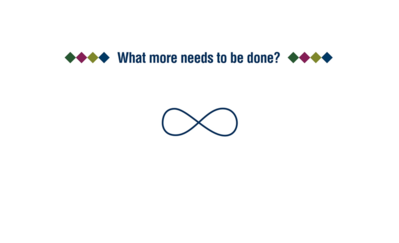How ESMO is transforming the challenges from the COVID-19 pandemic into opportunities to re-shape the future of the oncology community
Since the COVID-19 outbreak, the healthcare workforce including medical oncologists have been in the midst of a storm which has required them to respond with high doses of adaptability and resilience. Despite the many challenges to deliver quality care during lockdowns and infection waves, the health crisis has also come with great innovations and collaboration among professionals to find quick but lasting solutions to reform oncology, such as a renewed interest in digital health services and a simplification of research procedures.
Since cancer care, research and the oncology profession are rapidly evolving in these unprecedented times, ESMO recognises the importance to evolve too. From a Society’s perspective, innovation means to rethink how it operates to be more impactful in the interest of its members and the wider oncology community. Here are a few activities ESMO has recently implemented.
Caring for the carers
In 2021, ESMO has adopted the ESMO Vision 2025, affirming the Society’s commitment to standing by those who care about cancer. Driven by the ambition to offer a reliable, comprehensive system of support to all who care about cancer, from oncology professionals to health policymakers, from basic researchers to cancer patients and their families, the ESMO Vision 2025 will guide the Society towards taking further steps in the direction of caring for the carers. #ONEoncologycommunity, #EducationforLIFE and #AccessiblecancerCARE will be the three pillars nurturing the Society’s approach towards its members, the oncology community and patients in the five years ahead.
Increasing virtual learning opportunities
Since the pandemic outbreak, an increasing number of virtual-based opportunities have been offered to the oncology community to network and learn. Virtual meetings are here to stay as they can ensure continuity of education, also making education more accessible to many oncologists, especially those living in low and middle-income countries. In this spirit, ESMO recently kicked off the Virtual Plenaries which are accelerating the dissemination of practice-shaping research whilst adhering to the principles of peer review, analysis and discussion. Study presentations are scheduled on a monthly basis and they are freely accessible.
Also, the newly-launched ESMO Guidelines: Real World Cases - Webinar Series offers the opportunity for live, real-time interaction between audience and experts who are developing, consulting and implementing each ESMO guideline. Recordings are available to ESMO account holders a few days after the live webinar's date on OncologyPRO.
Taking on new challenges
The approval of four COVID-19 vaccines came as a call to move beyond the pandemic and plan the future of oncology, where decisions taken during the crisis have resulted in delays in the provision of care and heavily hit cancer screening programmes.
In late 2020, ESMO started a journey together with the WHO’s International Agency for Research on Cancer (IARC) to encourage oncologists to become knowledgeable in cancer prevention, ready to commit to provide guidance and act as role models. As part of this commitment, the Society supports IARC on the World Cancer Report Updates Learning Platform which offers freely accessible learning material based on selected content from the World Cancer Report, the most important resource on cancer prevention published by the IARC every five years.








